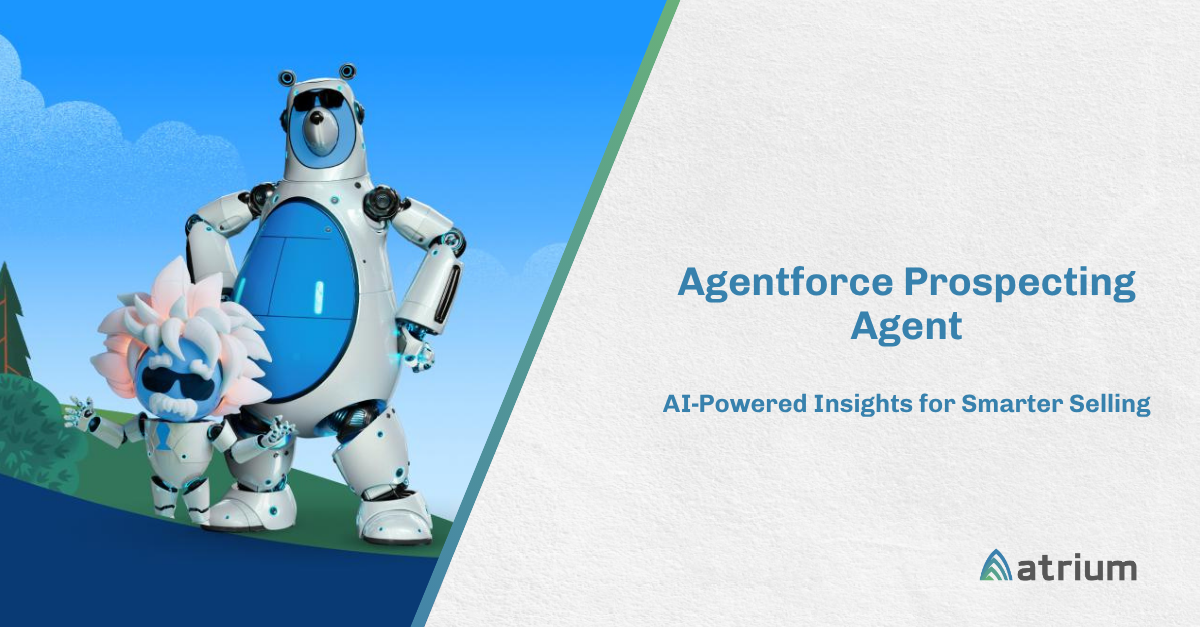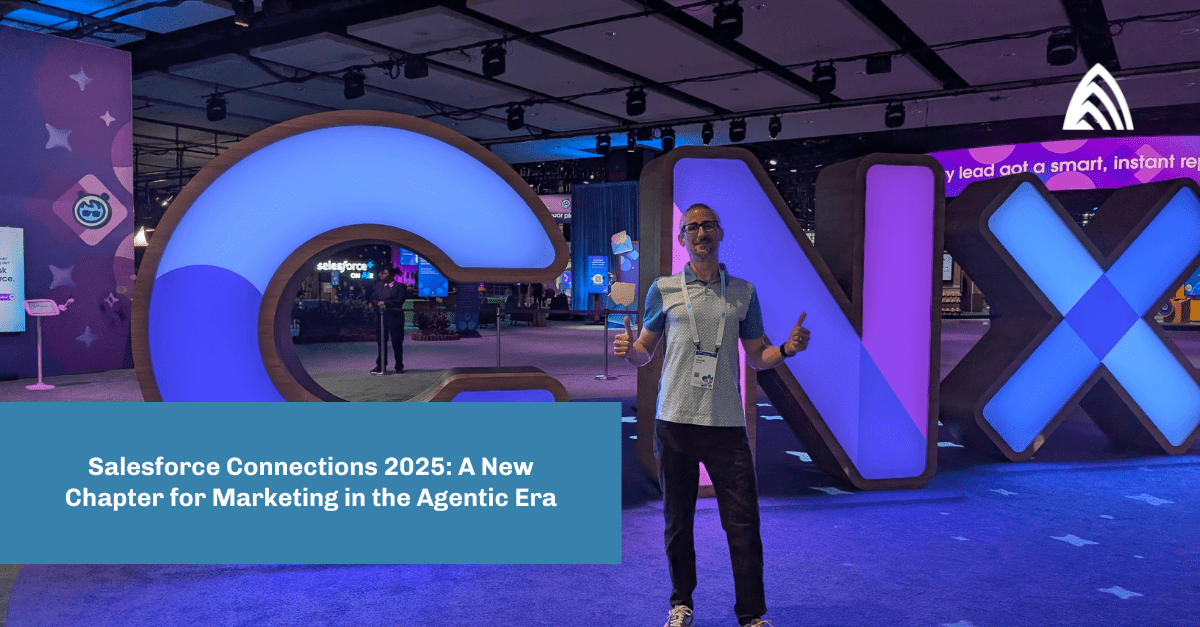Customer experience has become a competitive focal point of the business ecosystem, and companies are finding themselves left behind if they do not adopt AI-powered methods of engaging with their customers. Marketing has always been about making a personal and emotional connection with consumers. AI is enabling this in a way marketers of the past could only dream of by allowing modern marketing professionals to truly tailor their outreach to individuals. The question is, how do we make people feel special and provide them with a positively unique experience that will make them a customer for life?
Companies that once used traditional marketing strategies now find themselves unable to reach broader consumer bases, or even unable to maintain current customers. They often struggle with the lack of customer personalization, building of brand loyalty, marketing automation, and customer insights, all of which create obstacles that challenge their formula for success.
Through the power of AI and machine learning, we are able to overcome these obstacles and understand what drives consumer behavior, allowing companies to recognize what their consumers want and need. As AI shifts the paradigm of marketing and customer retention, we recognize its enormous potential to impact countless applications. Here are three examples of AI-powered customer retention strategies that can positively impact the methods of how companies interact with their customer base.
Personalization and Branding
Powerful data collection processes through implemented AI systems allow companies to personalize marketing methods that utilize a customer’s individual data to customize their experience. This can be as simple as recognizing a customer’s name, offering suggested product options, or presenting consumers with tailored rewards and benefits based on consumption patterns. This marketing strategy inherently replaces the need for mass marketing and traditional marketing tactics.
Take Spotify for example. As an international media services provider, the company has tailored the customer’s experience based on recognition processes and consumer patterns. Each time a customer chooses a song or clicks into a playlist, Spotify will then use data collection to provide recommendations based on these choices. Spotify has currently built into their streaming platform suggestions for new and upcoming artists that are similar to what the user is already listening to, playlists that might appeal to them, and soundtracks that are closely correlated to songs they rated highly in the past. This marketing strategy provides not only a personalized experience but also boosts Spotify’s brand loyalty by providing a unique experience for consumers along the way.
Marketing Automation
Traditionally, before AI became an integral piece to personalization, subscription-based marketing campaigns existed to introduce customers to a company’s product selection. While subscription-based marketing was able to recognize names and locations, it wasn’t able to pinpoint and address the specific needs and wants of an individual. While this provided a slight probability of up-sell opportunities, it didn’t provide customers with the tailored experience that they seek today in product navigation.
Marketing automation ties well into AI implementation strategies for building a personalized consumer experience. Automation allows companies to manage marketing campaigns across several channels, while simultaneously segmenting consumers to recognize which individuals are more likely to purchase specific products. While marketing automation segments a consumer base, it is also recognizing purchase patterns, specific product inquiries, as well as general interest in company services.
Delta Airlines has been an AI industry leader in marketing automation. Delta requires that you sign up for a free account when you are purchasing a flight. This ensures that Delta is able to collect your data and store it for future reference. Then, Delta pays close attention to your flight searches and purchase history, as well as any miles/points that you accrue over the course of doing business with them. Their marketing automation is then able to segment you based on these separate criteria and provide up-sell or cross-sell opportunities to you. Consumers are likely to find that there are deals on destinations that they have previously searched for being delivered to them via email. You may even find yourself being offered limited-time benefits for signing up for one of Delta’s credit cards. Delta is executing on a defined marketing automation strategy which ensures that they tailor each offering to an individual’s unique experience, and provides strategic direction for the company’s marketing.
AI-Enabled Analytics for Customer Insights
As companies begin to address the need for new technologies to aid their marketing strategies, AI has provided a way to consume large amounts of data and provide insights to assist in customer retention. AI-enabled analytics provides marketing teams the appropriate computing power and statistical evidence of trends to understand what is being seen across their consumer base and make it easily consumable. Through understanding these trends, companies can handle complexities across large amounts of customer data and surface many more business opportunities that would have normally been buried in the underlying data. Time is then better spent prioritizing actionable insights that drive loyalty and retention.
Summary
The need for artificial intelligence is not going away, and the potential it holds is infinite. AI continues to penetrate more processes and companies that want to gain a competitive marketing advantage will need to deliver unique experiences that consumers are seeking, which in turn will increase customer loyalty and retention.
Are you doing enough to keep your customers happy? Let’s chat about customer retention strategies.











